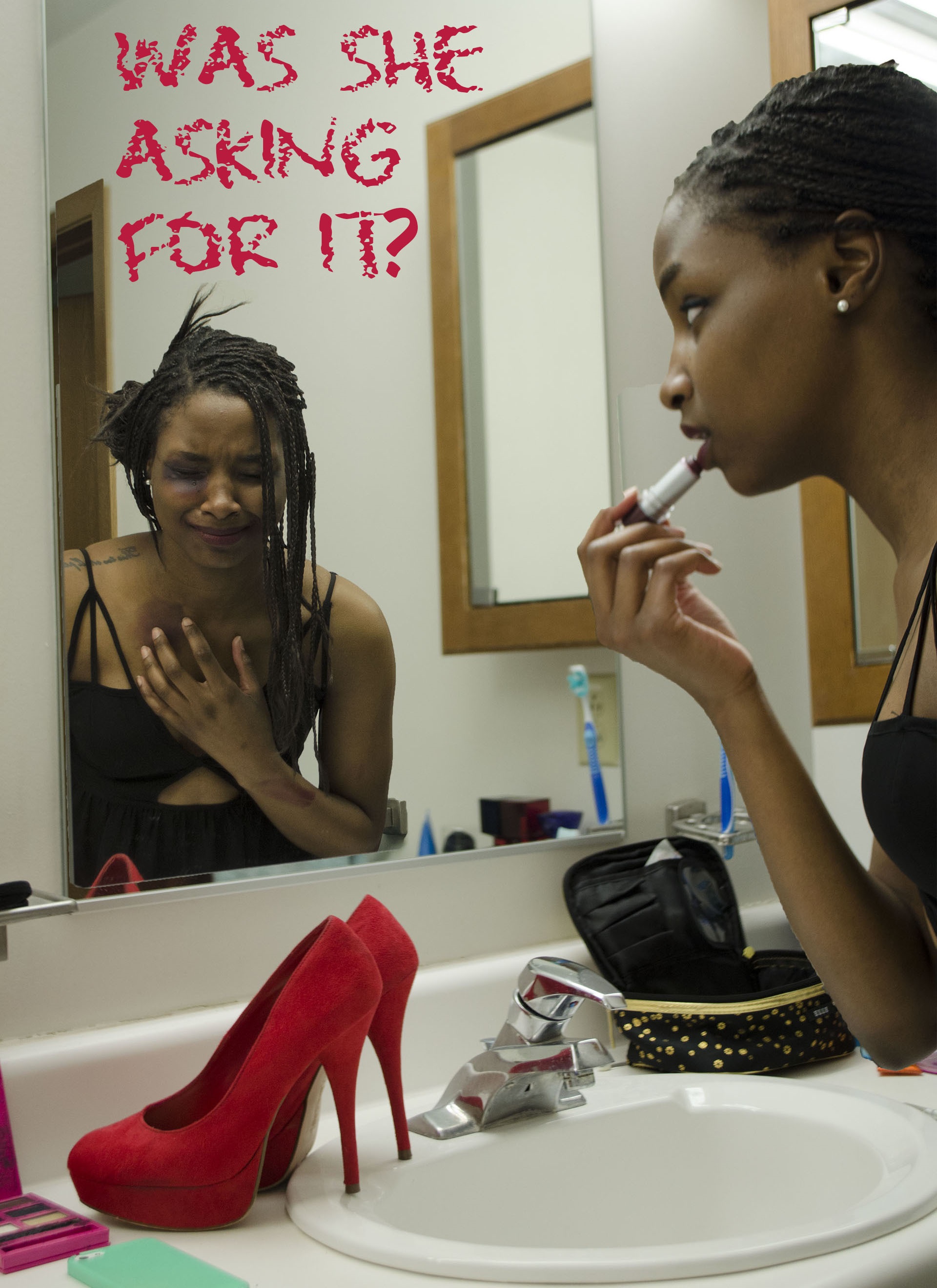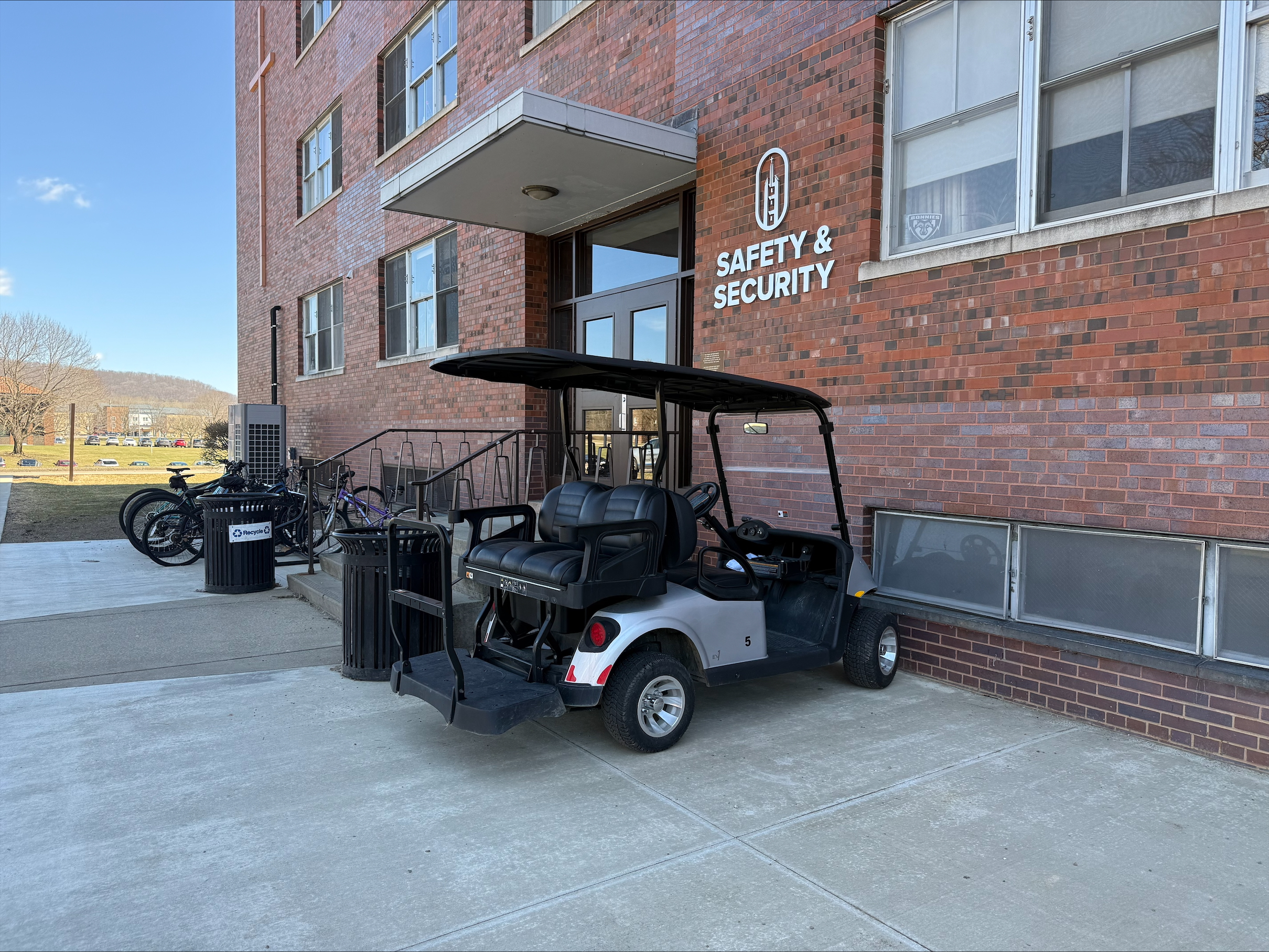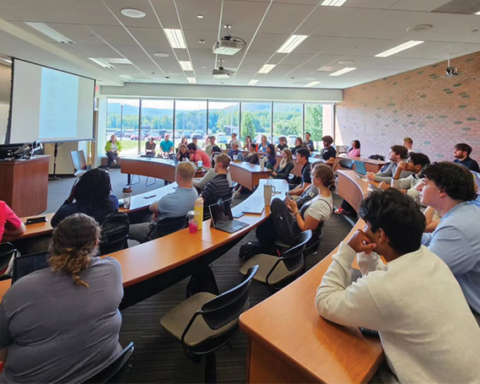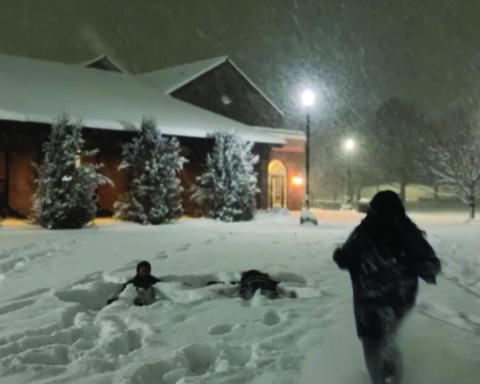By: Riley Eike
Staff Writer
Katelynn Brown stood inside a residence hall lobby talking with her friend. A drunken boy appeared and said hello to Brown. “Hi,” she said. He grabbed her arm and yanked her, dragging her behind him as he made his way to the door leading upstairs.
“No!” she said, trying to get away.
“Yeah,” he said, holding tight.
“No!” she said once more as she struggled and finally got free, returning to her friend.
Brown, a sophomore education major, said nothing happened with the drunken boy from the residence hall, and she didn’t feel the need to report it.
When asked for a definition of sexual harassment, many St. Bonaventure University students initially had none. However, officials said harassment includes anything making a complainant uncomfortable.
Students also said sexual harassment does not affect campus. In 2014, St. Bonaventure conducted six investigations of sexual harassment.
Sexual harassment affects every campus, Richard Trietley, the vice president for student affairs, said. The six investigations in the 2014 calendar year resulted in one student’s expulsion, two administrative hearings, two cases with no resolution due to a lack of available evidence and one case completed with no action taken.
“I’ve never put too much thought into the definition for sexual harassment,” Adam Loss, a sophomore management major, said. “Whether it’s physical or verbal it hurts the victim in some way.”
Unwelcome sexual advances, requests for sexual favors and other verbal or physical conduct of a sexual nature may be signs of sexual harassment, according to the code governing student behavior at St. Bonaventure. The code can be found online at https://my.sbu.edu/docs/default-source/Student-Services/code-of-conduct.pdf?sfvrsn=1.
Students should report the act of an aggressor with no verbal consent or consent given under force misplaced modifier, Nichole Gonzalez, the executive director for residential living and conduct, said.
One of the biggest problems the university faces is knowing if students are reporting all instances of sexual harassment, Trietley said.
“The complainants for whatever reason does not feel comfortable going public, so they don’t report,” Trietley said. “The problem with that is that the respondent who did that could do it again.”
Caroline Power, a freshman strategic communication major, said she has never witnessed sexual harassment on Bonaventure’s campus.
Power said without a witness, sexual harassment could go unseen by students like her and therefore may not be seen as a problem.
Jackie Roberts, a junior journalism and mass communication major, said she helps prepare incoming freshmen for college during orientation by participating in the Orientation Team. The team puts on skits, talks and answers questions from the incoming freshman, Roberts said.
“I was the victim in the sexual harassment skit,” Roberts said. “It really hits home, because it portrays an average guy who makes a mistake. He didn’t realize that he was sexually harassing her.”
Many men do not know their effect on women, said Robert Amico, the chairman of the council on discrimination and harassment.
Consequences include expulsion, suspension, educational programs, counseling, restrictions between two parties and restrictions with housing, said Gonzalez.
While the policies in the Code of Conduct have consequences for being found guilty of sexually harassing someone, the Reserve Officers’ Training Corps also has consequences, said sophomore sports studies major Aaron Byrne.
“Anything from a nickname to physical contact that is unwanted can potentially lead to no longer having a career in the military,” Byrne said.
Brown said she didn’t know according to campus policy, but the boy in the lobby did sexually assault her.
“I know now what to report and to take every unwanted sexual act seriously,” Brown said.






